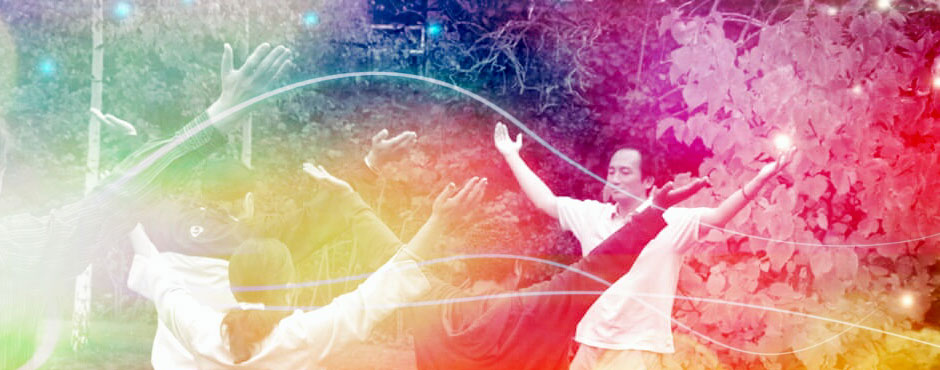What is mindfulness?
In this course, you will learn how to reduce stress through a variety of mindfulness techniques as well as establishing your own personal practice.
Mindfulness is often described as being in the present moment on purpose and without judgement. What does this mean? To be fully present wherever you are and whatever you’re doing while accepting whatever is going on and whatever you notice.

We will explore what this means in this course through a variety of exercises. You will learn how to choose a focus and observe it with a non-judgemental attitude.
Why should we practice mindfulness?
Thoughts result in emotions; sometimes they can be happy ones, for instance, when you think about a holiday that you have planned, but as much as 70% of your thoughts are negative ones leading to emotions such as anger, worry, fear, sadness, depression and anxiety.
We can use mindfulness to help us to get into the space between our thoughts where we can experience inner calm. It is simply a way of developing the mind by stilling it and learning to gently control it – to be able to choose our thoughts.
This is done by training our attention.
The benefits of mindfulness include reduced stress and anxiety, a sense of wellbeing, improved focus and concentration resulting in better productivity, better resilience and improved relationships.
Why should we observe without judgement?
We always have a tendency to decide if we like or dislike something, to judge others and generally have an opinion about whatever we’re focusing on. This can be useful in a work context to develop a better product or service or to improve your output in some way.
However, when we have this attitude of judging everything or judging ourselves, it can lead to stress and anxiety which can have a detrimental effect on our performance.
On a sports field, this attitude of trying (to be better) can actually negatively affect an athlete’s performance because they will tense up and make mistakes.
By working in the flow state (or being in the zone), when we’re not judging others or ourselves or the world around us but just being ourselves and relying on our developed ability, we can be in a relaxed state which leads to better performance in all areas of our lives.
What is the flow state?
The flow state or “being in the zone” is when you’re fully immersed in an activity and enjoying carrying out the activity. It can happen whether you’re working on a project, writing a report, painting a picture, playing a musical instrument or competing in a sport.

Note that it’s a positive experience where you enjoy the process and feel that it’s something you can complete or succeed in.
This state of mind comes about when you are relaxed and not judging yourself; both of these come about by the regular practice of mindfulness – being in the present moment, on purpose and without judgement.
Reflection
How often do you find that your mind just goes off on a spiral of thoughts?
How many of your thoughts are negative when you’re sitting doing nothing?
How often do you judge or criticise yourself throughout the day?
Have you ever noticed yourself “in the zone”? What activity were you doing?
Return to Demo homepage: [ demo ]
